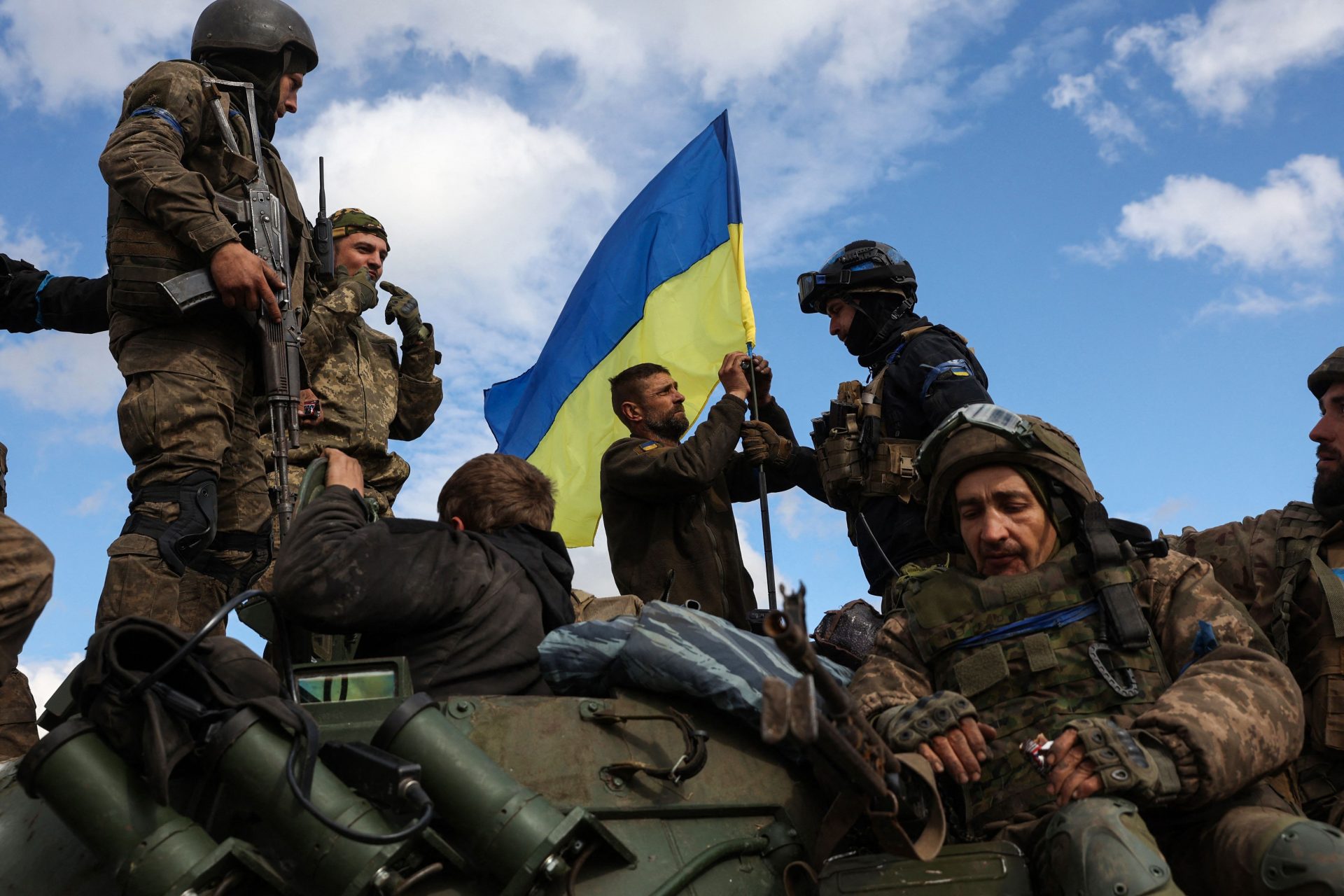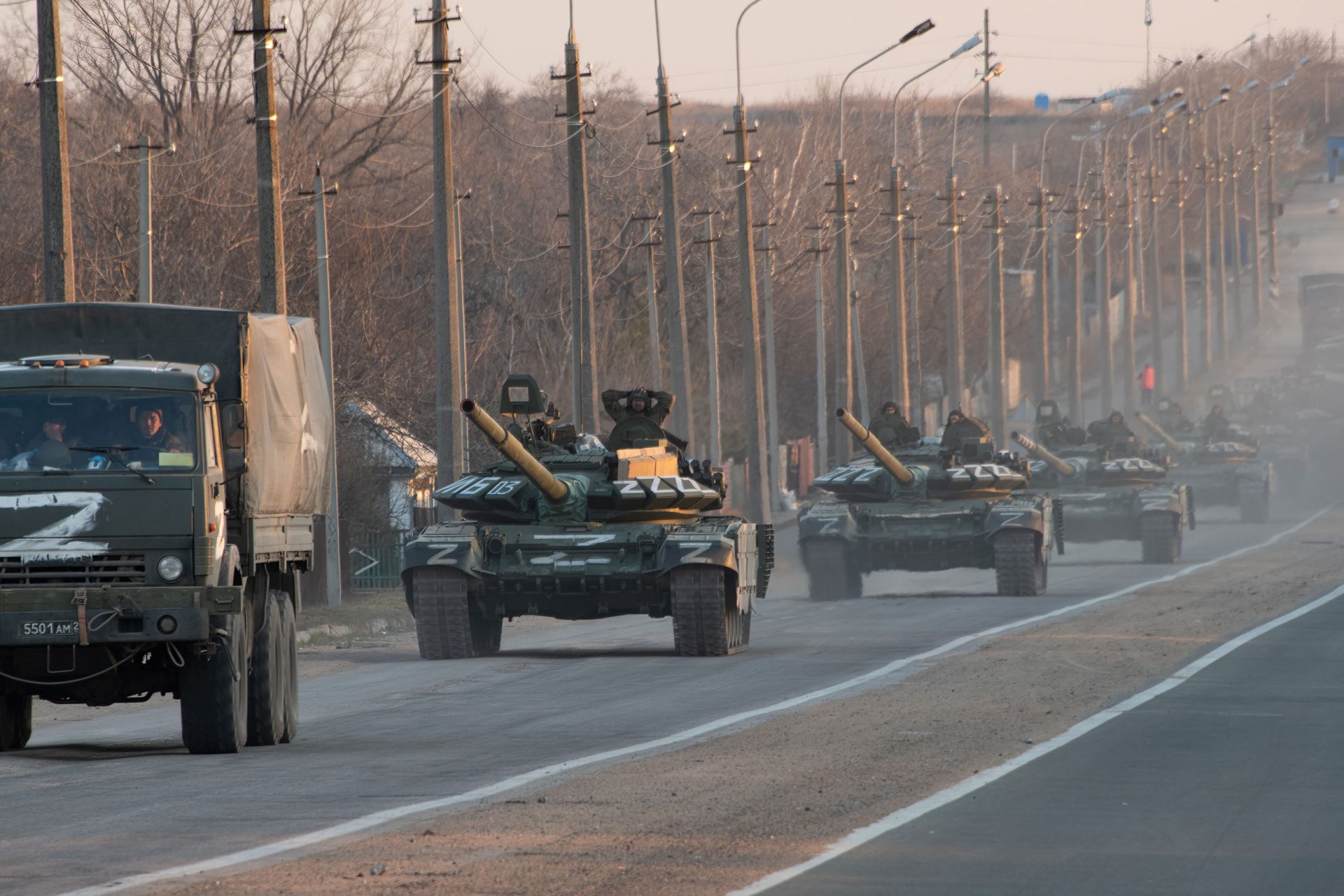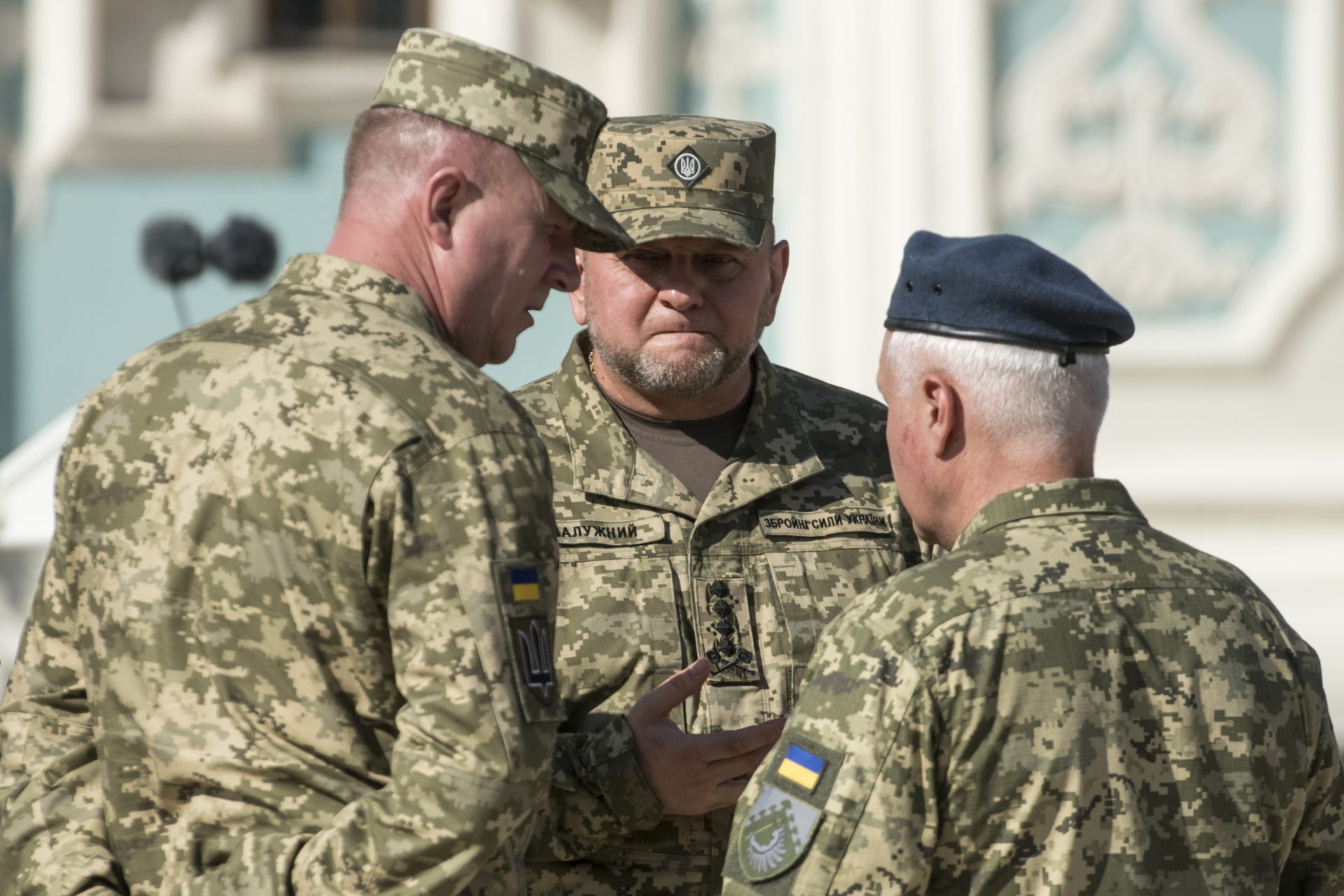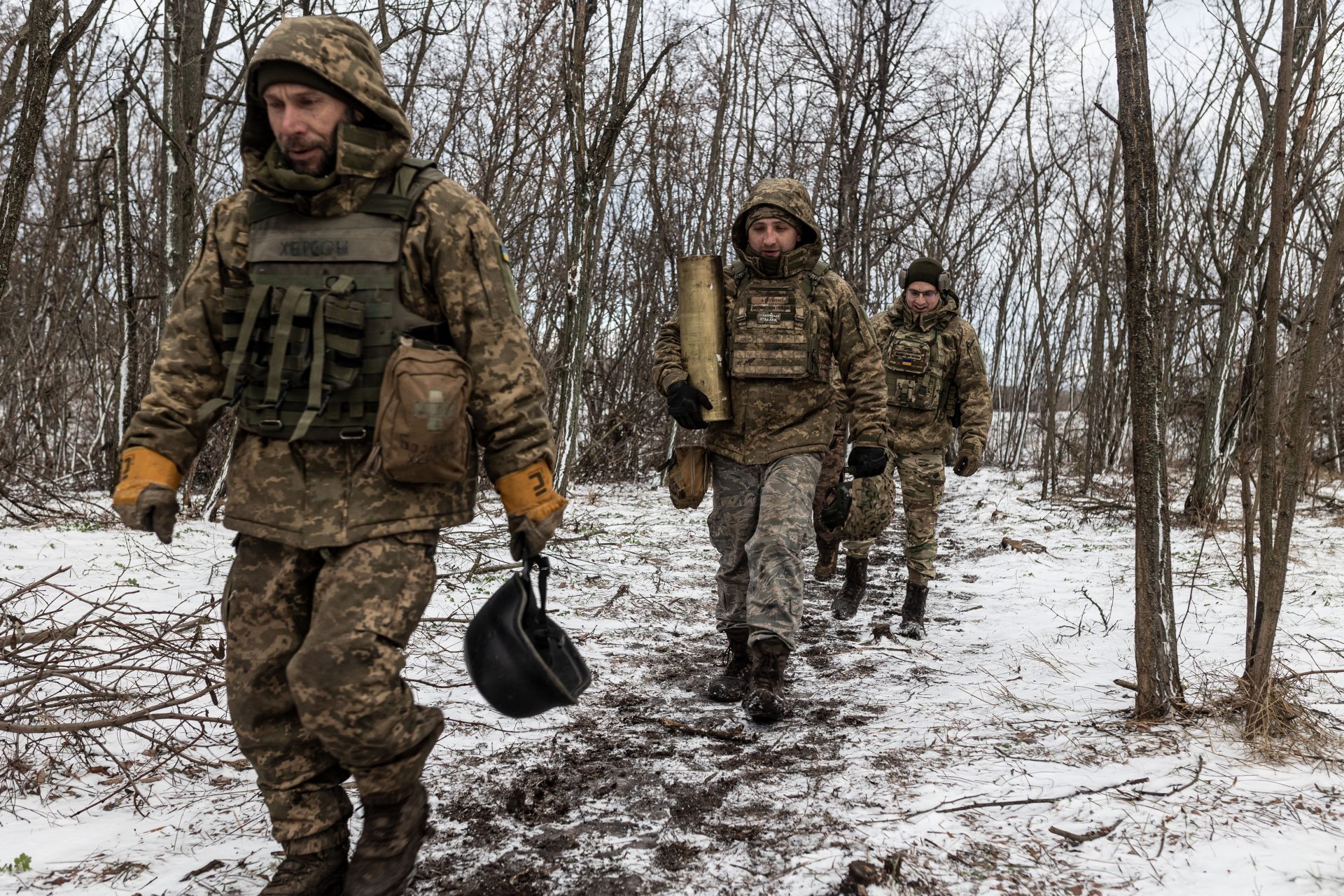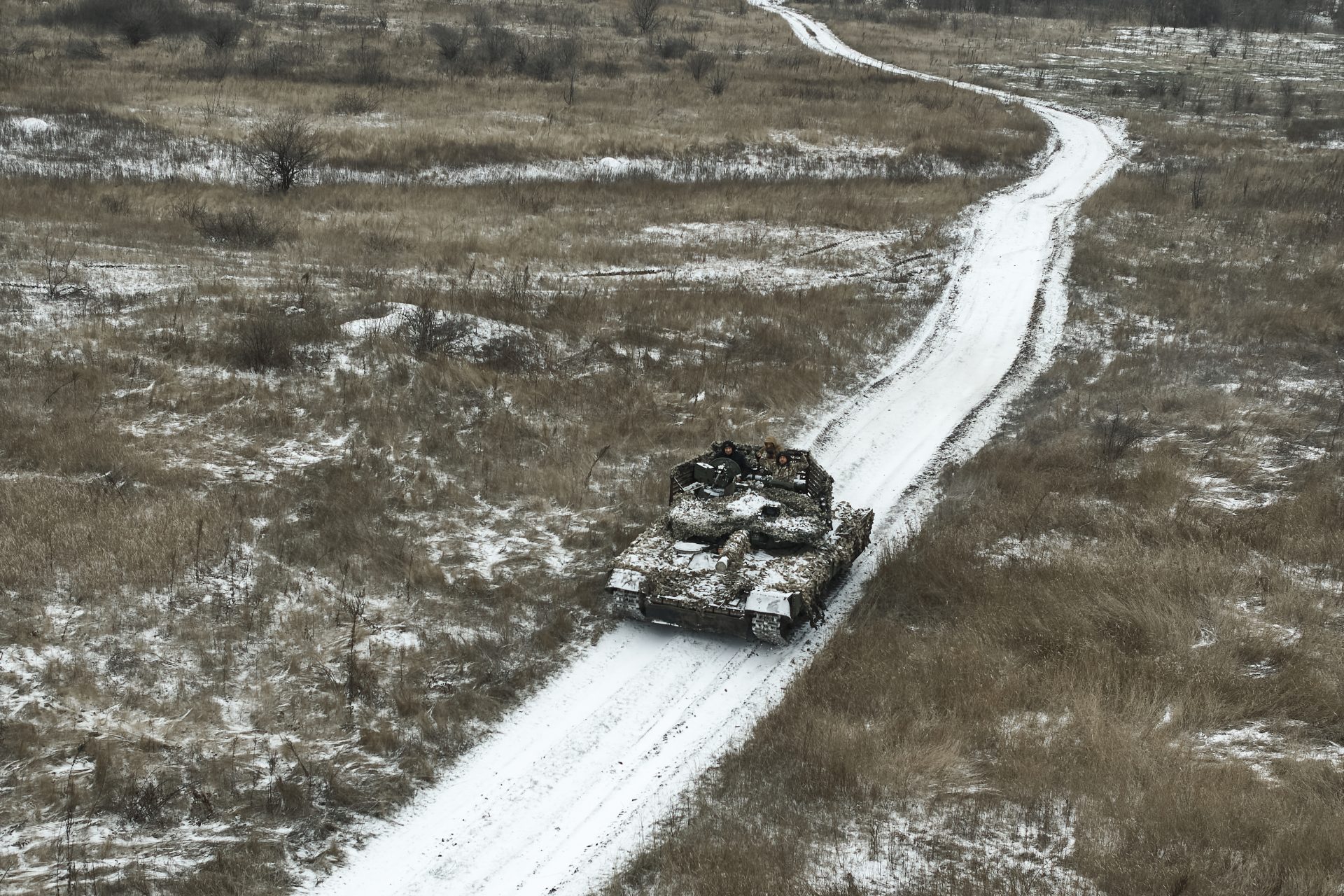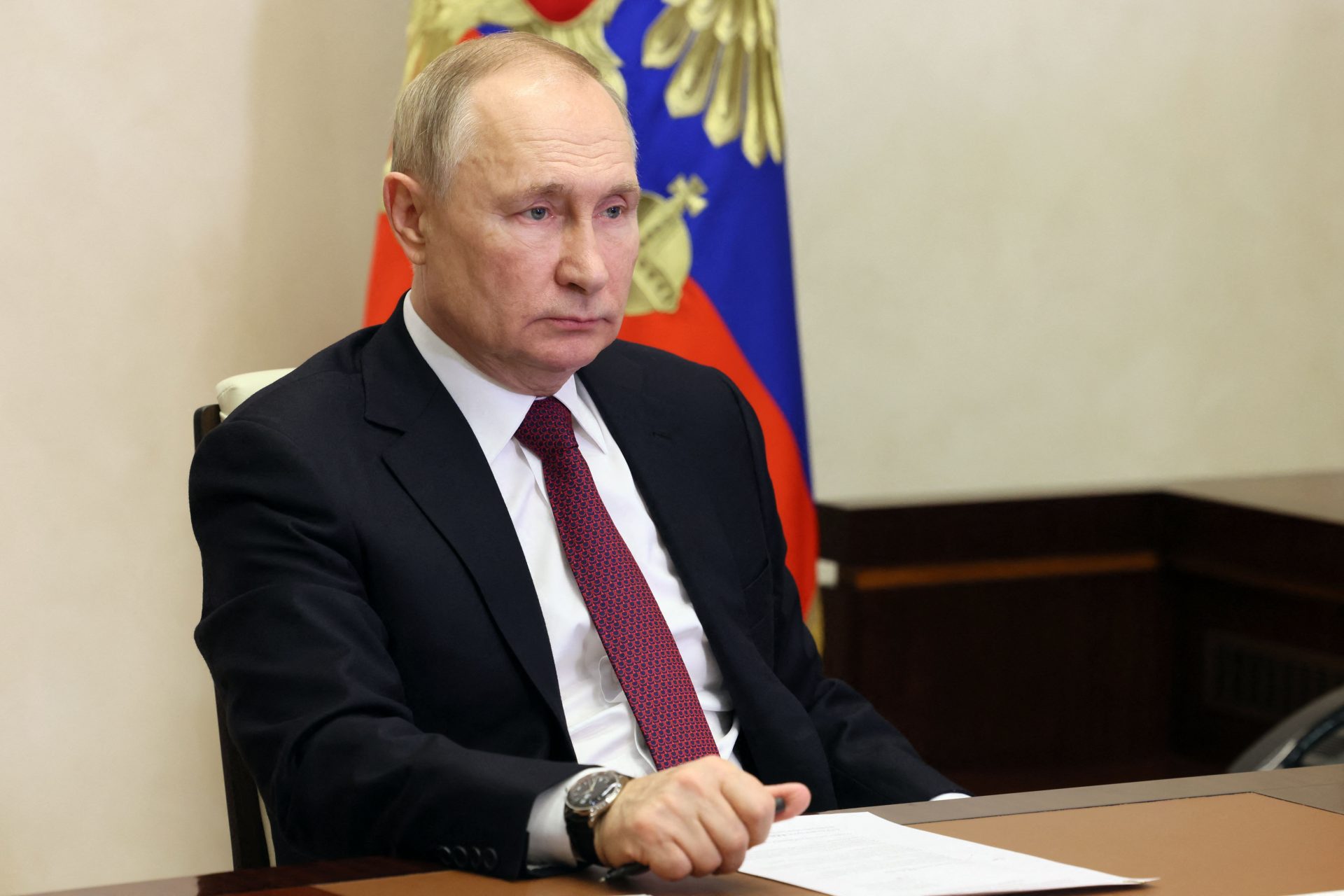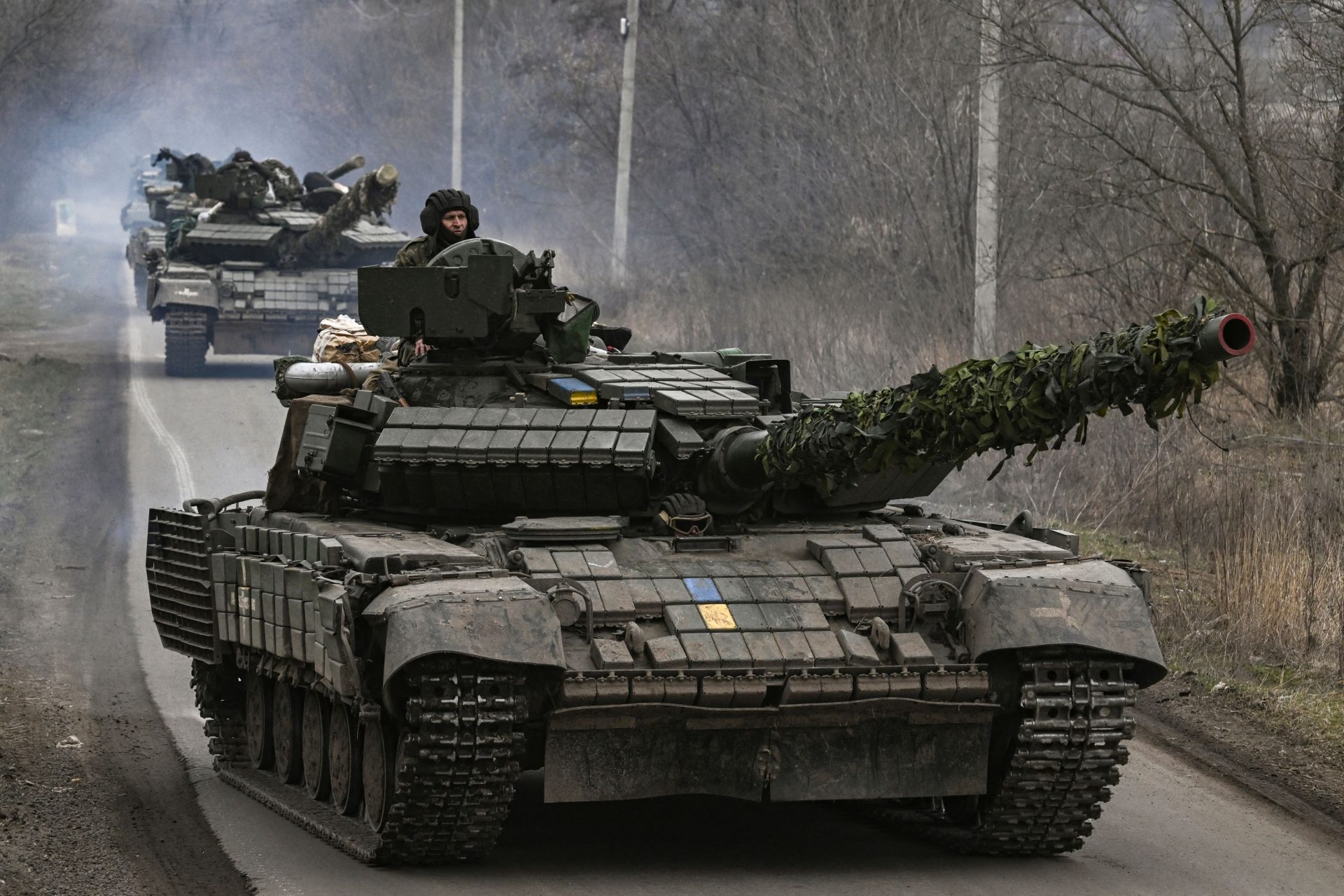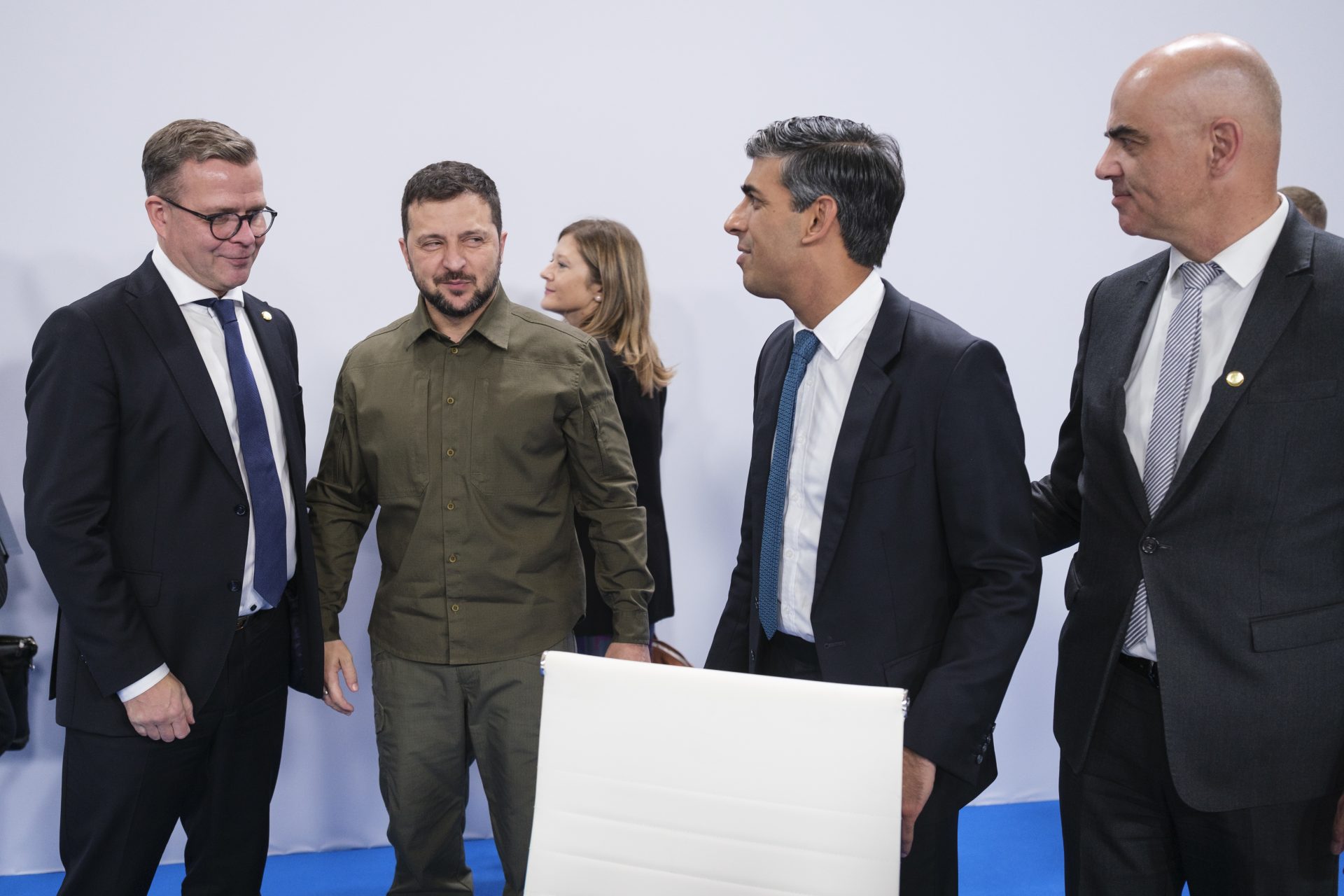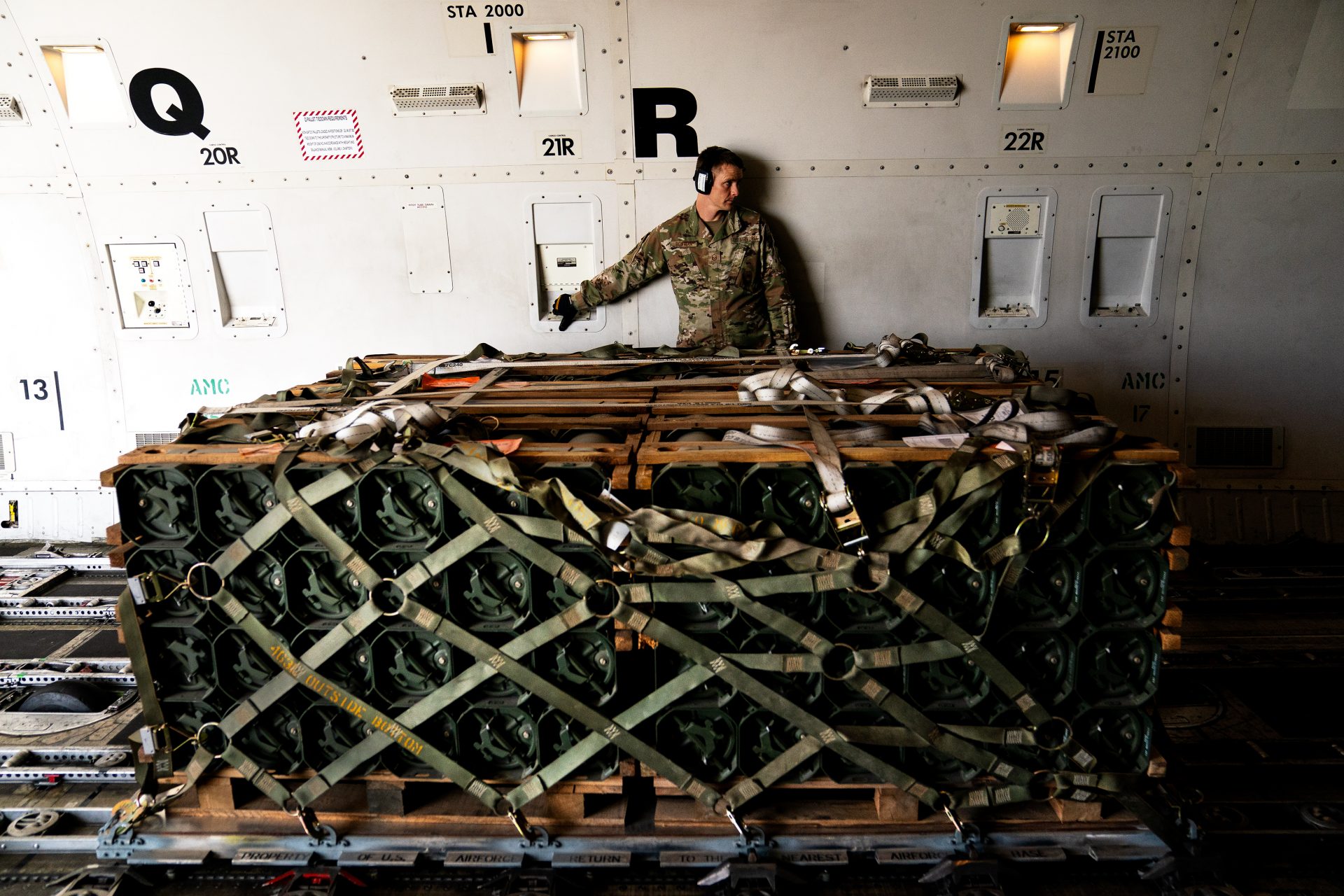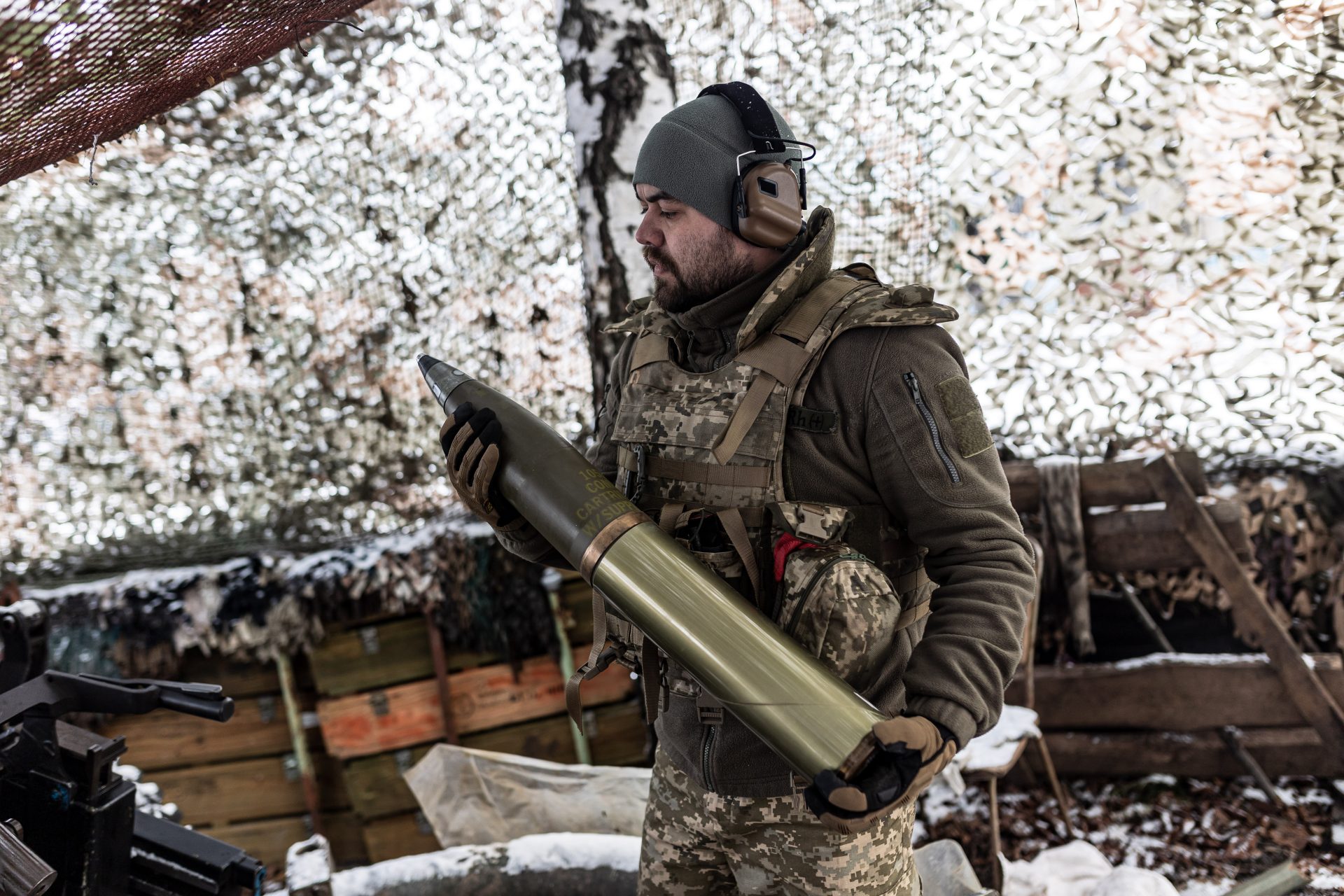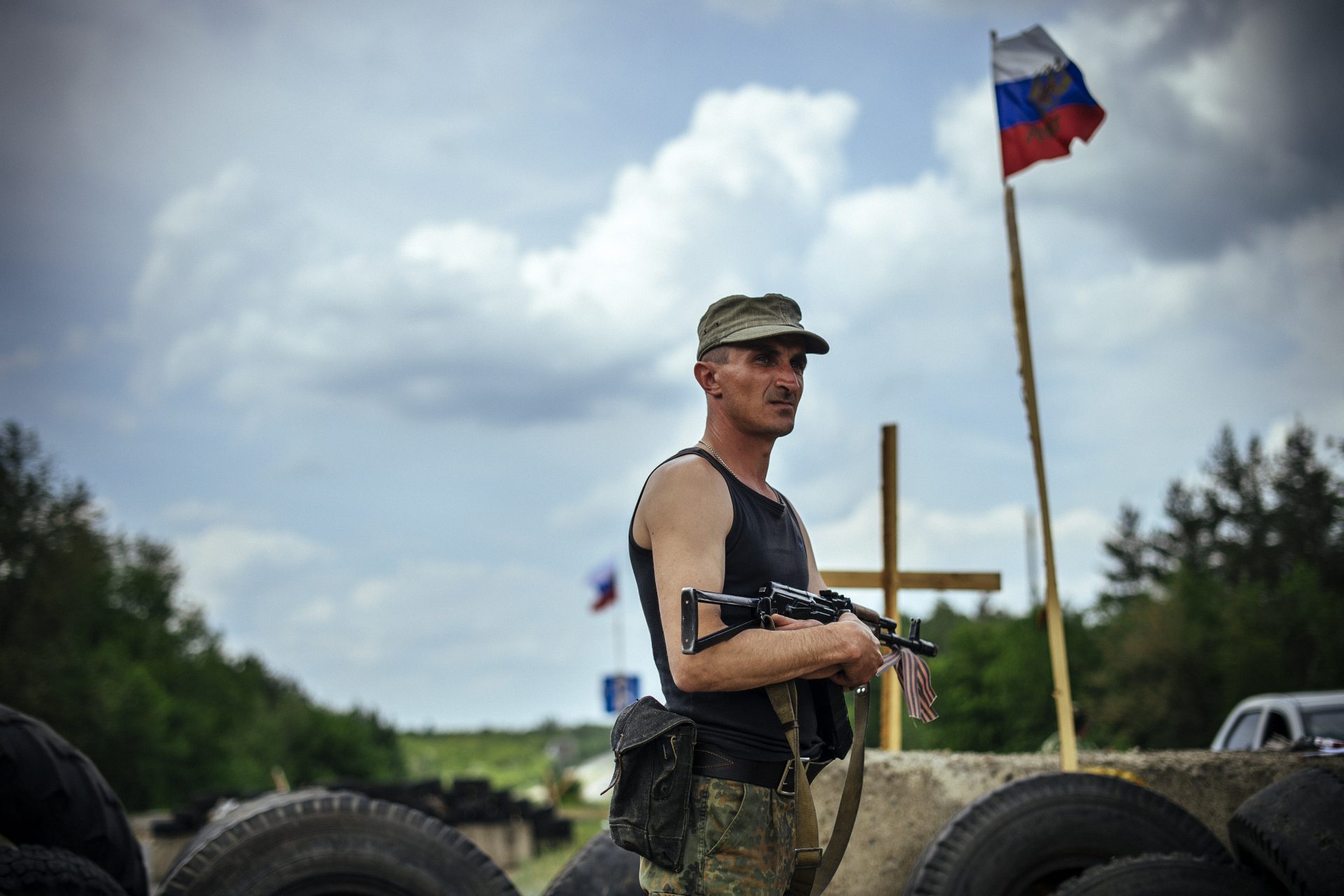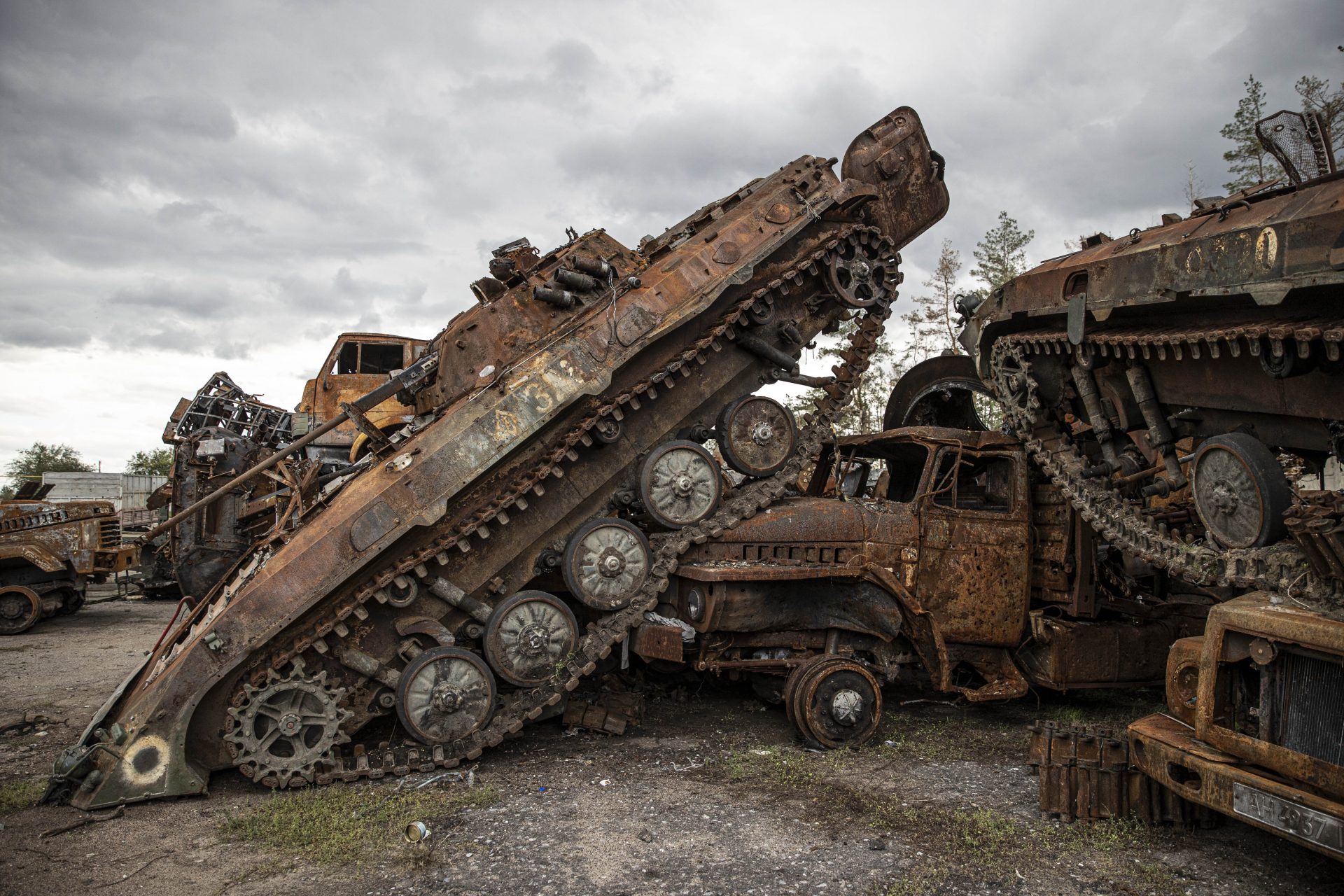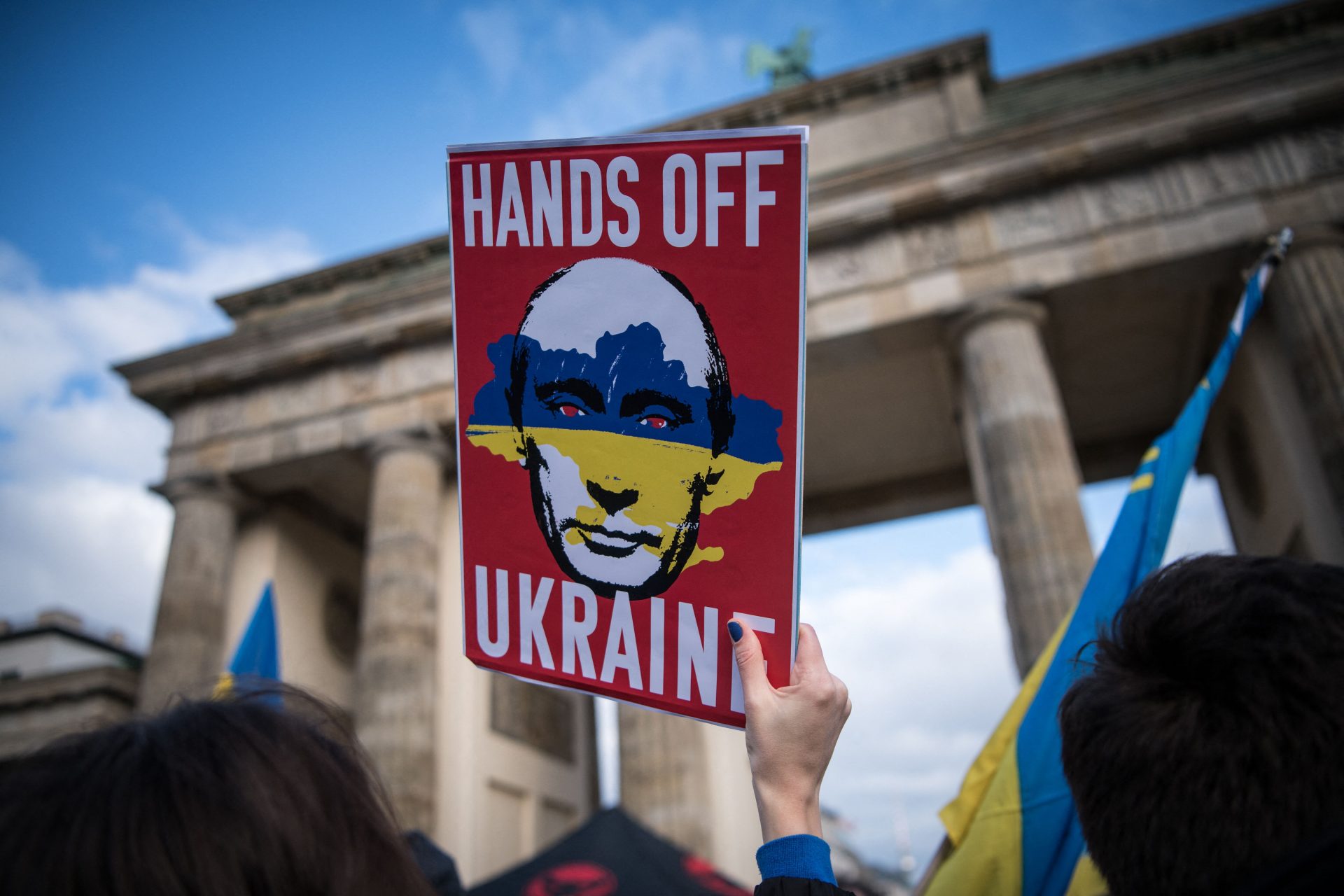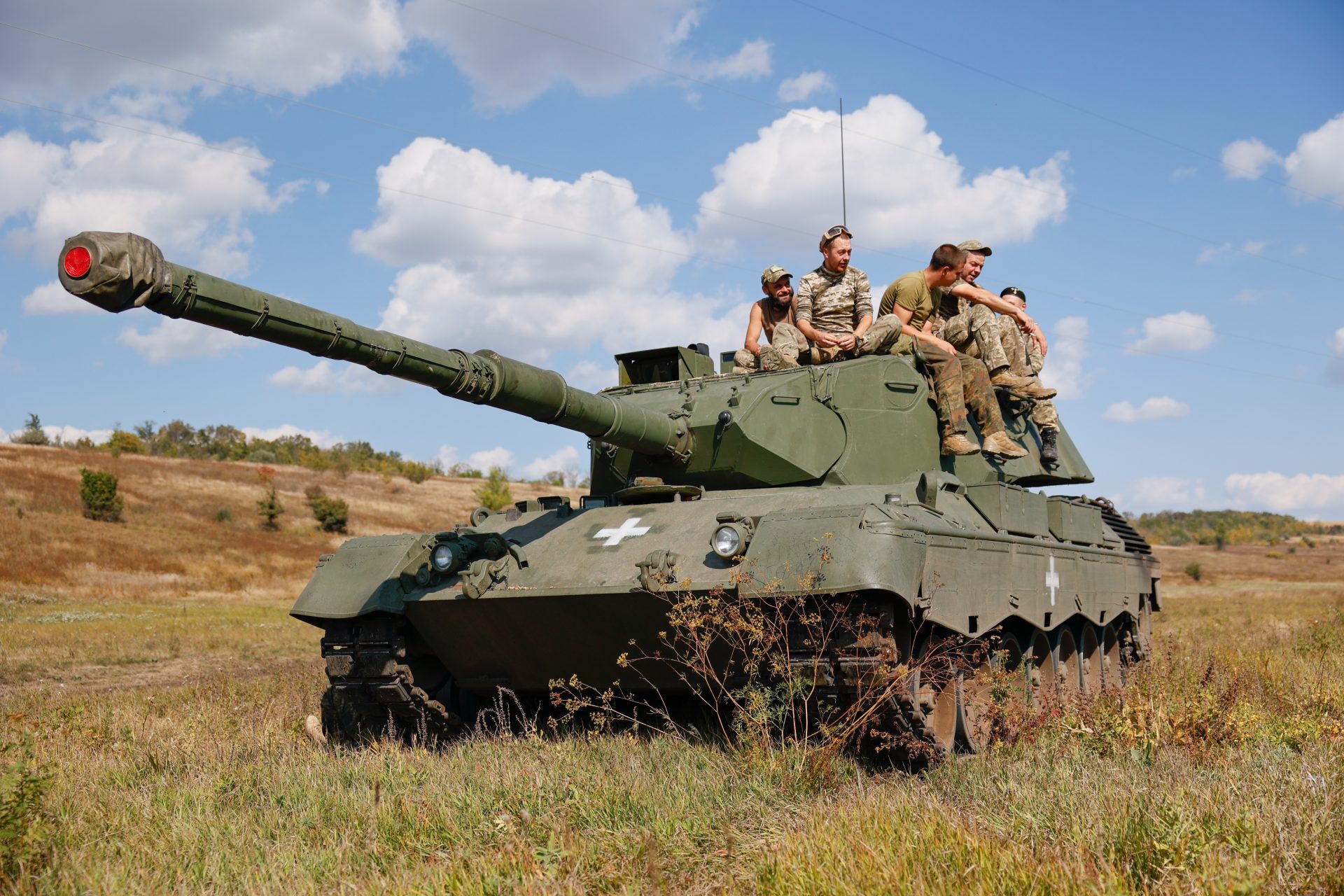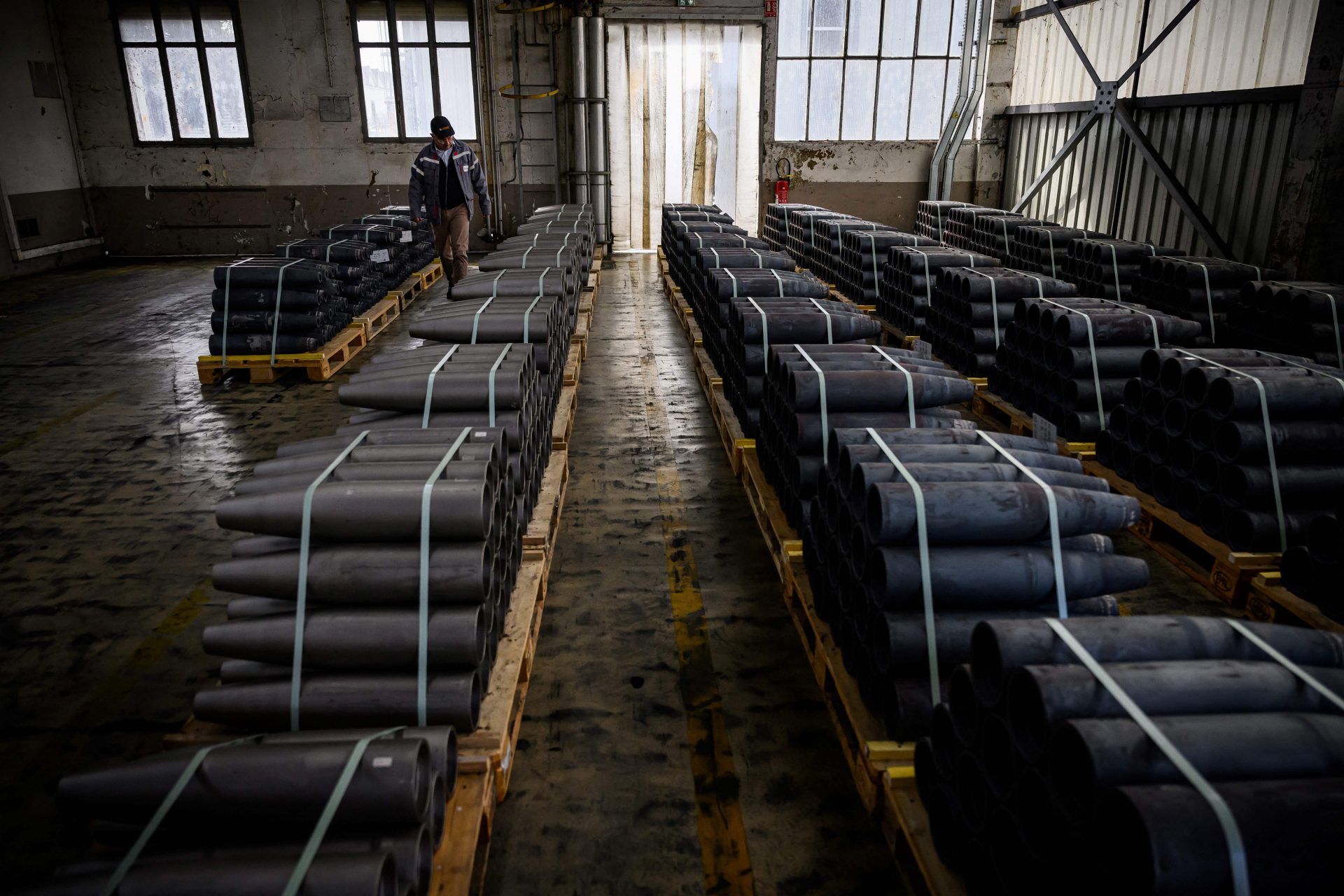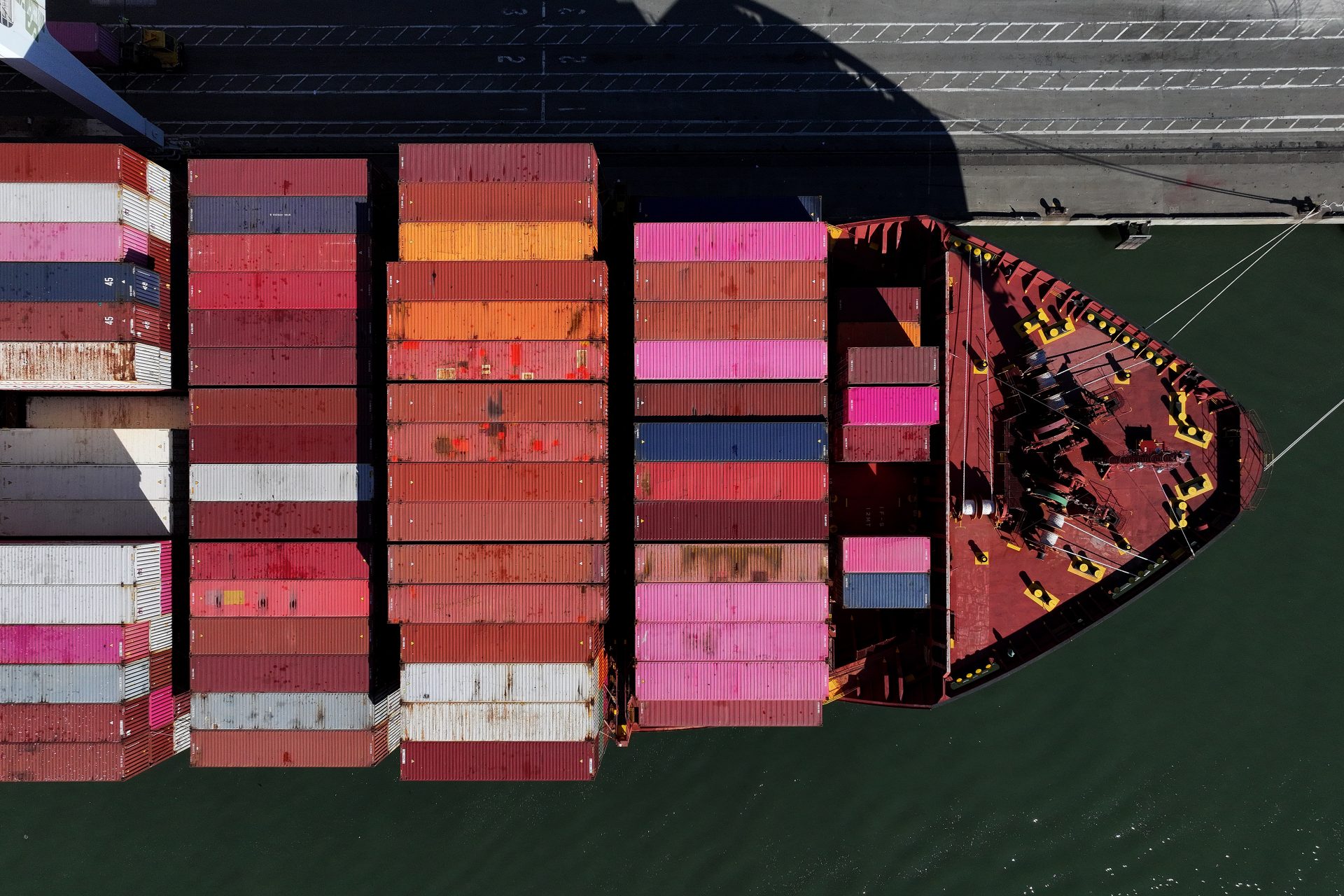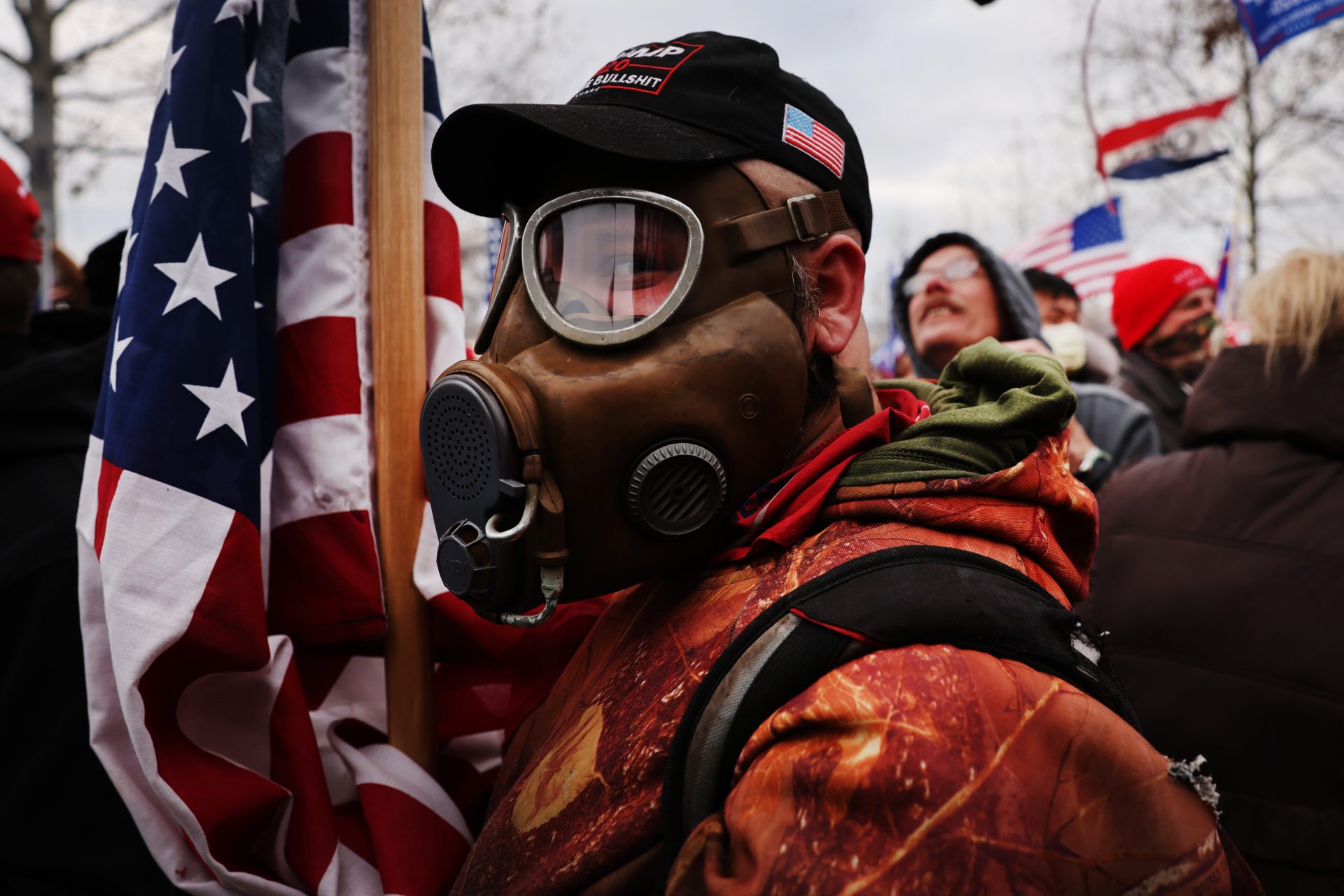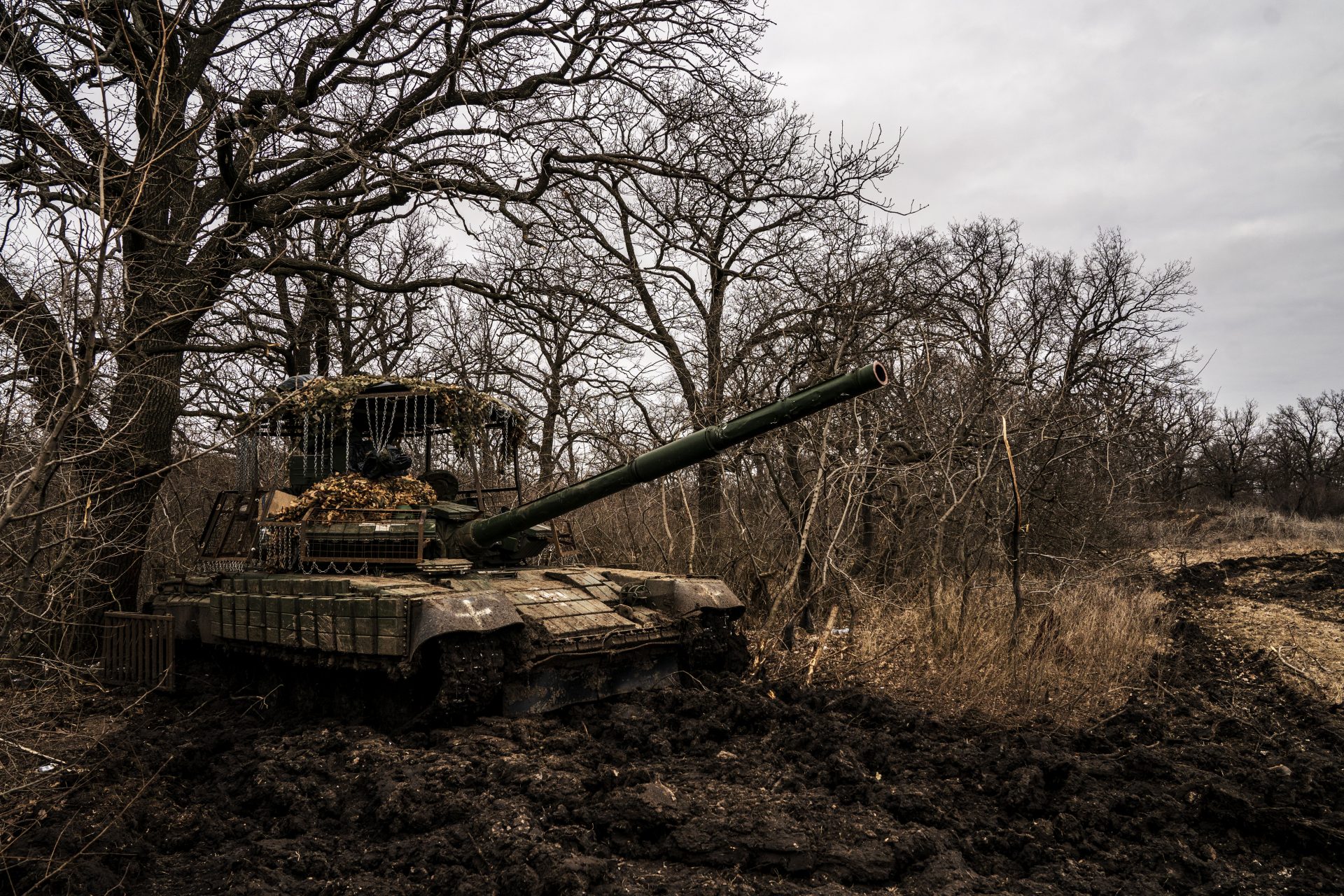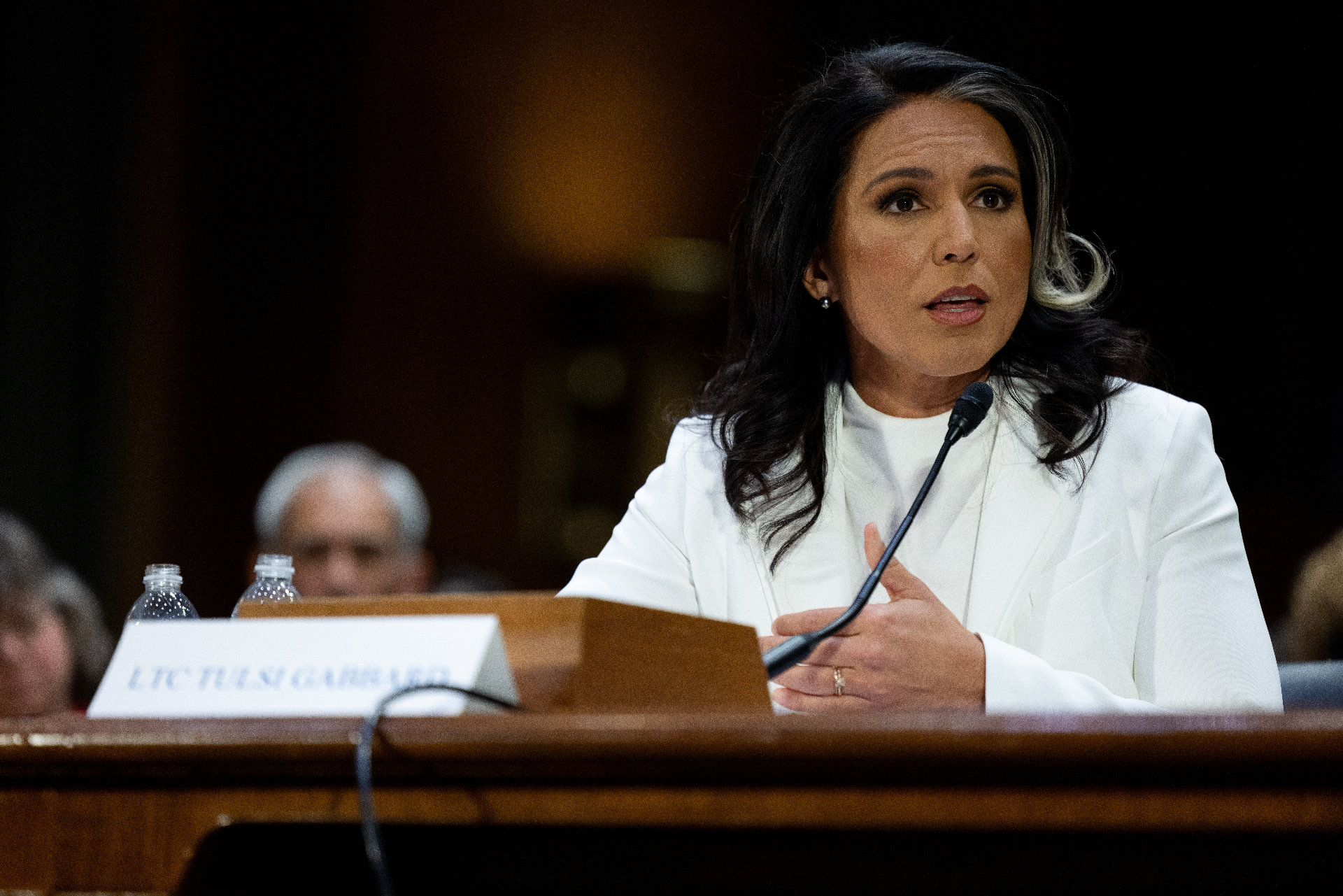A new report reveals what it will take for Ukraine to win
Ukraine is facing a number of major challenges as the country inches closer to the two-year anniversary of Russia’s full-scale invasion, but not everyone believes that Kyiv is doomed and must begin negotiations.
Things haven’t been as dark for Ukraine since the first days of Vladimir Putin’s invasion, the country will soon suffer from a serious lack of resources as US military and financial aid is being held up by party politics in Congress.
Moreover, Ukraine’s much-anticipated summer counter-offensive amounted to little, and that development changed global opinions on what the country’s armed forces could be capable of achieving even if they were given even more resources.
In November, mainstream media across the United States and Europe reported that the Ukrainians were receiving pressure from its partners to begin negotiations according to a report from NBC News, a report that was rejected by Volodymyr Zelensky.
At present, things are looking bad for the Ukrainians, but that doesn’t mean there isn’t a hope that Kyiv won’t still win the war against Russia, and according to Estonia’s Ministry of Defense, there are still several ways this can be done.
A discussion paper from the Estonian Ministry of Defense titled: “Setting Transatlantic Defense up for Success: A Military Strategy for Ukraine’s Victory and Russia’s Defeat,” revealed how Ukraine can still defeat Russia, and it's quite simple.
The paper began its analysis by arguing that the current state of defeatism in regard to Ukraine has been the product of Russian information warfare. The first step to victory, then, is to conquer defeatism by making Russia's total victory impossible.
“While Russia is still impervious to the logic of reason, it is continuously sensitive to the logic of force,” the report’s authors wrote, meaning that Ukraine’s partners should be focused on providing as much military and financial assistance as possible.
Ensuring that Ukraine can continue to effectively prosecute its war effort is key to making sure that the country has the weapons and systems it needs to defend itself, something The Center for European Policy Analysis (CEPA) deemed could be easy for Kyiv allies.
A CEPA review of the Estonian report pointed out that the Ukraine Defense Contact Group, colloquially called the Rammstein group, had a combined GDP of $51 trillion with a total group defense budget of $1.36 trillion, 13 times larger than the Russian defense budget.
“Effectively, committing merely 0.25% of GDP annually towards military assistance to Ukraine would provide approximately €120 billion – more than sufficient resources to implement this strategy,” the report explained in its conclusion.
The problem isn’t resources but rather the will of Ukraine's partners and allies according to CEPA. But even if Ukraine gets the support it needs, Kyiv can only beat Russia if it is able to accomplish several key goals in 2024.
First, Ukraine needs to spend 2024 fighting a defensive war while building up its military and industrial capacity. At the same time, Kyiv needs to destroy Russia's military and industrial capabilities. All this means is that Ukraine needs to bleed Russia’s economy and combat power.
One key objective noted by the Estonian defense ministry's report stated that a casualty rate of 50,000 soldiers every six months should be enough to tax the Russian training system and force the Kremlin to deploy newly mobilized troops to the front prematurely.
Two other things that could help Ukraine would increase the enforcement of sanctions that the Russians have found a way to circumvent and to increase the cost of the war for Russia by transferring hundreds of billions in confiscated Russian assets to Ukraine.
Other ways Ukraine can improve its chances of victory include a much longer period of training beyond the five weeks that newly mobilized soldiers receive, including bigger and more sophisticated brigade-level exercises to prepare for larger attacks in 2025.
Increasing the delivery of artillery shells and barrels were two more key findings made by the Estonia report, which noted that artillery was the primary means of destruction of troops and the country who controlled fire superiority controlled the war’s initiative.
More for you
Top Stories



